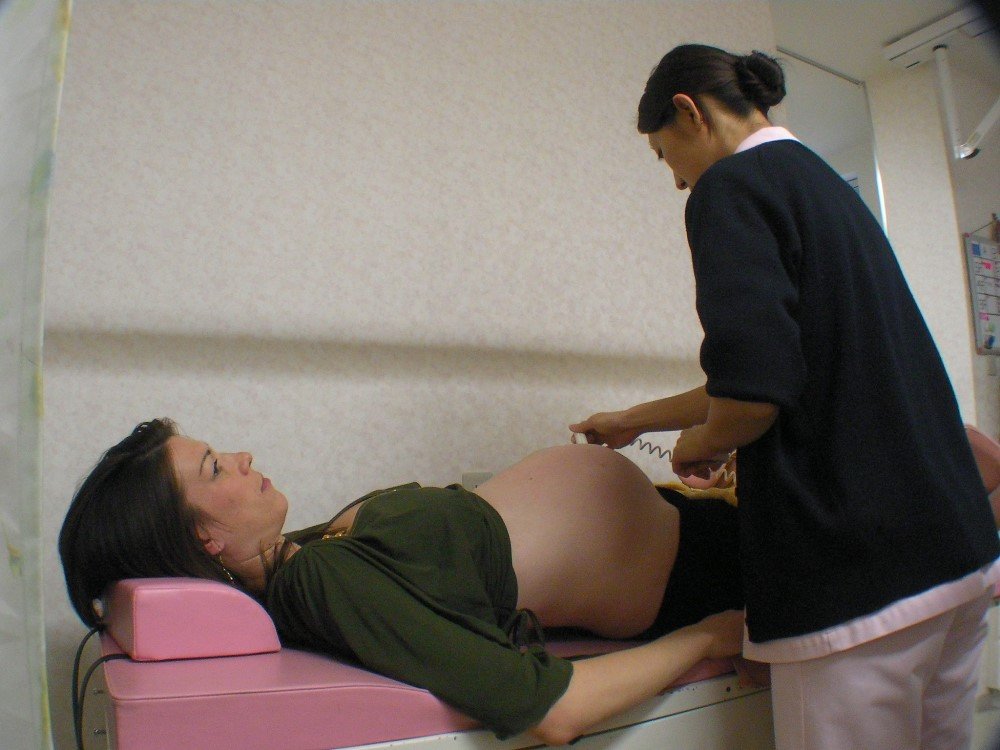On Friday, in a party-line vote, the Democrat-controlled House passed the most extreme abortion bill ever considered at the federal level. The so-called “Women’s Health Protection Act of 2021,” or H.R. 3755, passed the House by a 218-211 vote. Only one Democrat, Texas Rep. Henry Cuellar, joined with Republicans to oppose the bill that, if made law, would override hundreds of mainstream and majority-supported state laws, such as parental notification and informed consent requirements.
While the abortion-worshipping left portrays H.R. 3755 as a mere codification of Roe v. Wade and its progeny, the bill goes miles beyond current abortion jurisprudence to enshrine a virtually unlimited right to abortion at the federal level and barring virtually all state regulations that relate in any way to abortion.
Current abortion precedent, first established by the Supreme Court in Casey v. Planned Parenthood when a plurality of justices abandoned the “rigid” trimester framework of Roe v. Wade, holds that before the baby can live on its own outside the womb, states may regulate abortions so long as the laws do not impose an “undue burden” on women seeking abortions. Post-viability, the Supreme Court held, states may prohibit abortion so long as they provide for an exception for the life and health of the mother.
Whether the Casey standard will survive the Supreme Court’s upcoming term, when the high court in Dobbs v. Jackson Women’s Health Organization considers whether states may prohibit pre-viability abortions, is unknown. H.R. 3755, however, seeks not to protect Casey, but to bury it and all other state regulations of abortion.
For instance, under Casey’s “undue burden” standard, “the Court said that states could take ‘steps to ensure that [the woman’s] choice is thoughtful and informed, could create structural mechanisms by which the state, or the parent or guardian of a minor expresses profound respect for the life of the unborn, could pass measures designed to persuade a women to choose childbirth over abortion, could pass laws which have ‘the incidental effect of making [abortion] more difficult or expensive to procedure,’ or regulations ‘to further the health or safety of a woman seeking abortion.”
Thus, consistent with Casey, states may ban partial-birth abortions, require waiting periods, and mandate the provision of information concerning fetal development and potential health risks. States laws requiring parental consent or notification—with judicial bypass options—have likewise been held constitutional under Casey, as have state health and safety standards governing abortion clinics and medical providers.
H.R. 3755 would strike all of these state laws and more. For instance, by defining in Section 3(3) “health care provider” as a physician or “certified nurse-midwife, nurse practitioner, and physician assistant,” state laws requiring physicians to perform abortions will fall.
H.R. 3755 would also override many state health and safety provisions, including those regulating staffing and the facilities at which abortions take place. Section 4’s prohibition on the performance of “specific tests or medical procedures” would trump state laws that mandate ultrasounds after the baby can survive on its own. State waiting periods would likewise be trumped by H.R. 3755, as would state parental consent or notification requirements.
Another section of H.R. 3755 bans any state law requiring abortion providers to convey supposedly “medically inaccurate information in advance of or during abortion services.” But to the abortion-centric American College of Obstetricians and Gynecologists, providing information about fetal pain and the psychological risks of abortion is “inaccurate,” making state informed consent laws requiring this information verboten.
H.R. 3755 also prohibits states from banning sex-selective abortions. The House then ends the bill with a catch-all provision barring state laws that are “the same as or similar to one more of the limitations or requirements” already prohibited.
Further, even if a state law could survive the mandates of H.R. 3755 in general, the bill provides that a state abortion regulation still fails if “the safety of abortion services or the health of patients” can “be advanced by a less restrictive alternative measure or action.” This proposed “less restrictive alternative” mandate conflicts with the current Casey standard, which merely asks if the regulation creates an undue burden.
The bill, however, goes beyond gutting state laws regulating abortions: It also expressly provides that it supersedes all other federal and state laws, including the federal Religious Freedom Restoration Act of 1993. This provision suggests that those with a religious or conscientious objection to assisting with or providing abortions may soon find no legal refuge. The Hyde Amendment that bars federal funding of abortions appears at risk, too, as do prohibitions on coverage for abortions in insurance contracts.
H.R. 3755 also guarantees a right to abortion post-viability if a medical professional concludes “continuation of pregnancy” would pose a risk to a woman’s life or health—even though the baby could be safely delivered instead of aborted. And “health” remains undefined, guaranteeing medical providers possess unlimited discretion to determine whether a risk—no matter how insignificant—permits the abortion of a near-term unborn baby.
D.C. Democrats may see H.R. 3755 as a winning wedge issue, but the majority of Americans, including many from their own party, will be appalled by the House Democrats’ attempt to force upon the states the most extreme abortion laws in the nation. Most Americans will likewise find the wokeism recited in the bill laughable.
For instance, early on H.R. 3755 refers to “people,” as opposed to women. It later explains that “the terms ‘woman’ and ‘women’ are used in this bill to reflect the identity of the majority of people targeted.” The congressional findings and purpose section similarly tosses together a word salad, speaking of “white supremacy,” “reproductive justice,” and “gender oppression” to justify the killing of human beings in utero.
Together these provisions provide Republicans a clear chance to speak to middle America about where the real extremism exists on abortion. And it is squarely on the left in the halls of Congress.



